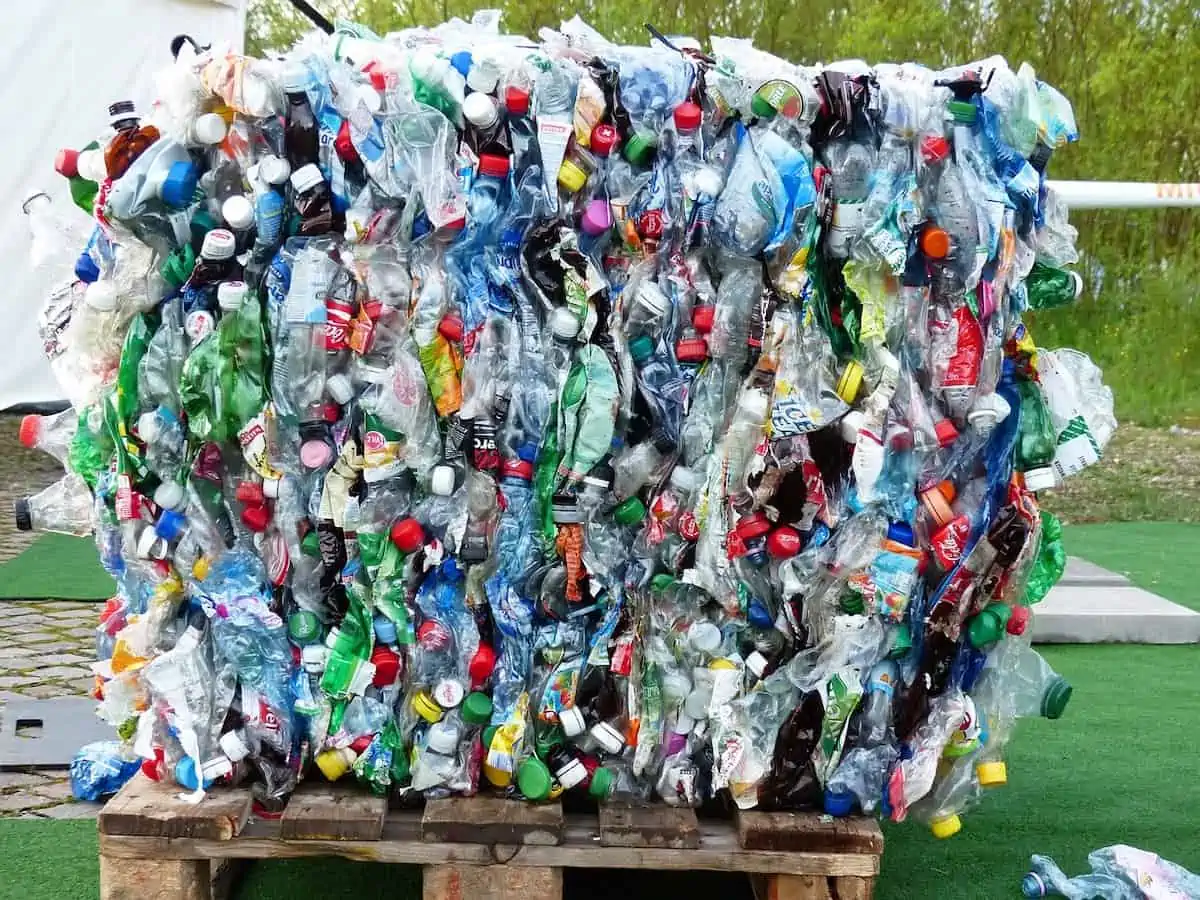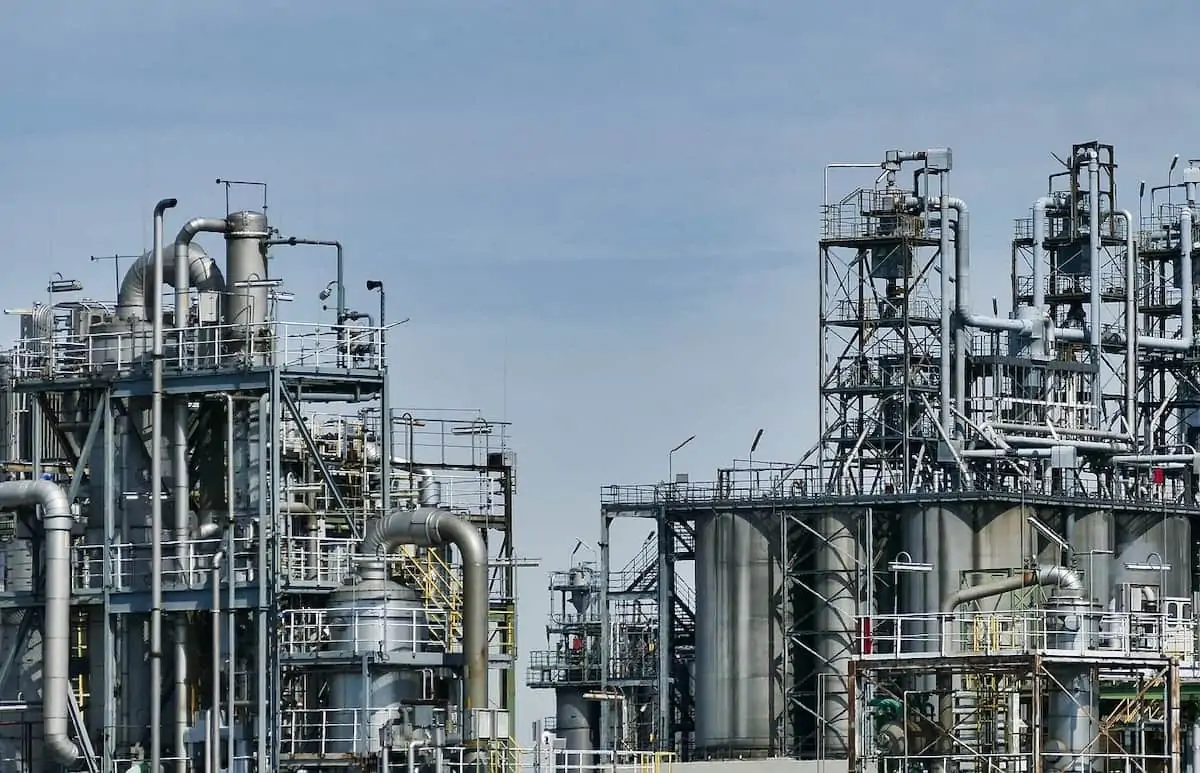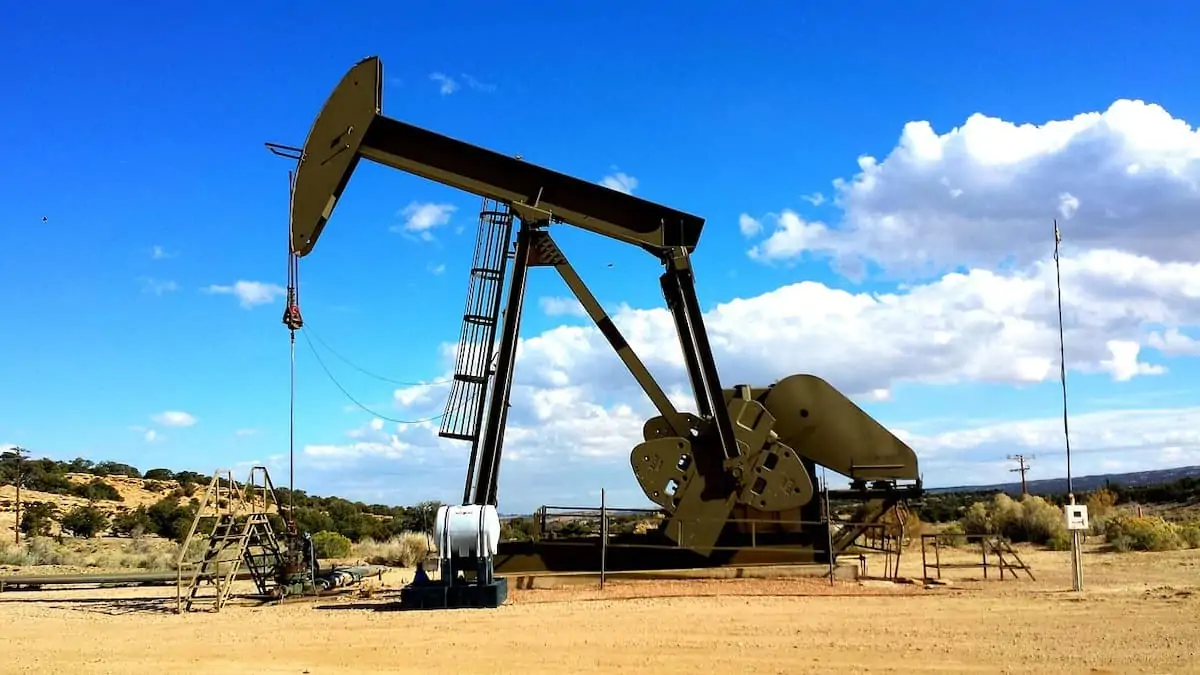Businesses in every industry should be finding ways to reduce their environmental impact. Every company has a social responsibility to become more sustainable to minimize damage to the environment.
In addition to protecting the planet, you should also find that becoming more sustainable can help to improve your reputation and could help you to appeal to today’s eco-conscious consumer. Not only this, but many methods will also slash your energy bills as well.
So, what steps can a business take to become more sustainable? There are many positive changes that could be made to make your business green – here are a few of the best.
Continue reading “How to Make Your Business Green!”




